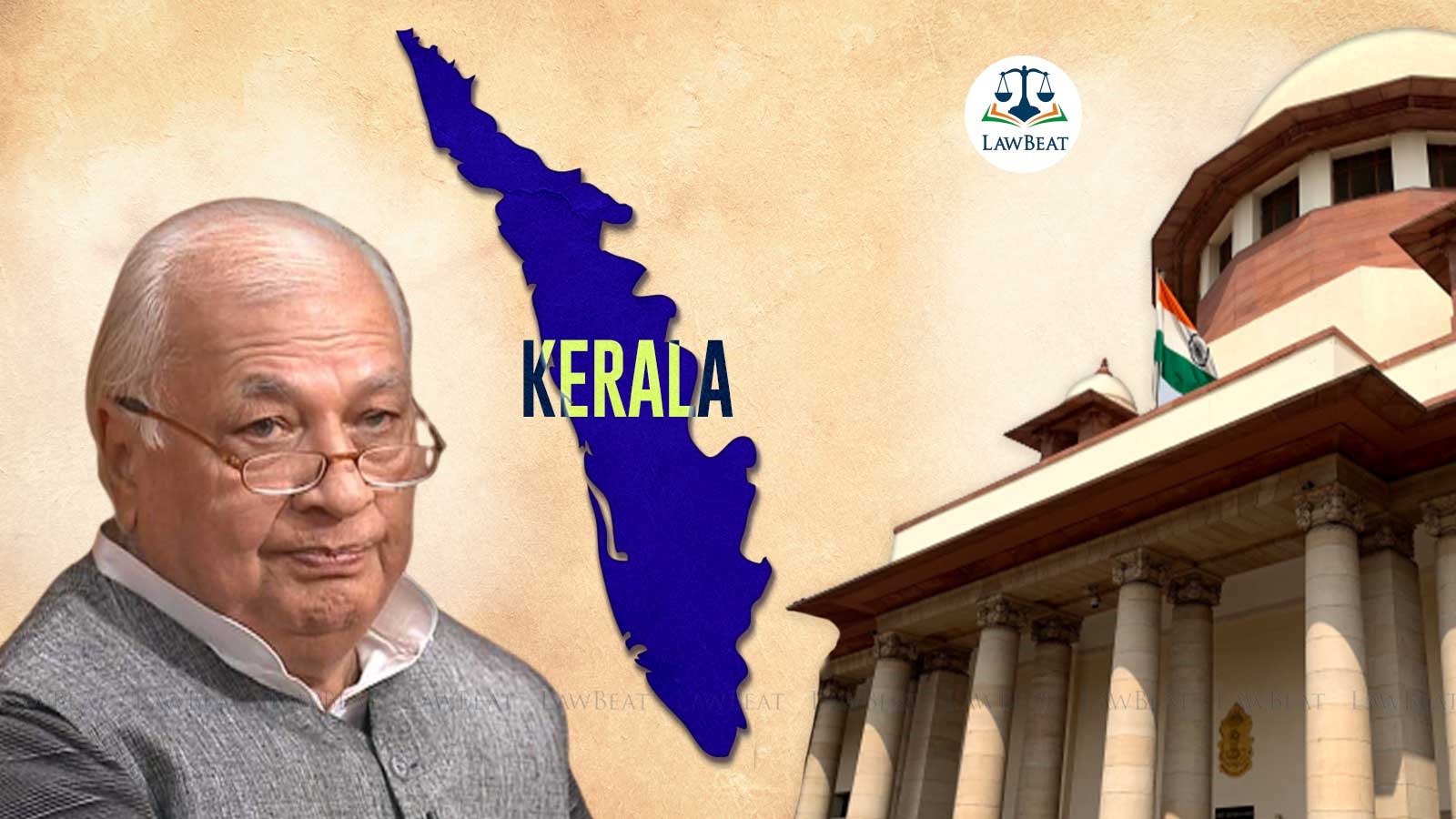After Tamil Nadu, Kerala govt moves Supreme Court against Governor’s delay in granting assent to bills

In keeping Bills presented to him pending for such long periods, the Governor is directly violating the provision of the Constitution, namely, that the bill should be dealt with “as soon as possible”, the plea states
Kerala Government has now approached the Supreme Court seeking appropriate orders in relation to the inaction on the part of the Governor of the State in relation to as many as 8 Bills passed by the State Legislature and presented to the Governor for his assent under Article 200 of the Constitution.
Of these, 3 Bills have remained pending with the Governor for more than 2 years, and 3 more in excess of a full year, the plea submits.
"Grave injustice is being done to the people of the State, as also to its representative democratic institutions (i.e. the State Legislature and the Executive) by the Governor, by keeping Bills pending for long periods of time, including 3 Bills for longer than 2 years. The Governor appears to be of the view that granting assent or otherwise dealing with Bills is a matter entrusted to him in his absolute discretion, to decide whenever he pleases. This is a complete subversion of the Constitution...", the petition submits.
Court has been told that the conduct of Governor Mohammad Arif Khan threatens to defeat and subvert the very fundamentals and basic foundations of our Constitution, including the rule of law and democratic good governance, apart from defeating the rights of the people of the State to the welfare measures sought to be implemented through the Bills.
Article 200 of the Constitution casts a solemn duty on the Governor of a State by requiring that on the presentation to him of any Bill passed by the State Legislature, he “shall declare either that he D assents to the Bill or that he withholds assent therefrom or that he reserves the Bill for the consideration of the President”.
"The words “as soon as possible” necessarily mean that not only should pending bills be disposed of within a reasonable time, but further that these Bills have to be dealt with urgently and expeditiously without any avoidable delay. This phrase conveys the clear intention of the Constitution that the Governor has to treat the Bill presented to him with a sense of urgency...", the plea adds.
State of Kerala has further submitted that ,any of the Bills pending before the Governor involve immense public interest, and provide for welfare measures which would stand E deprived and denied to the people of the State to the extent of the delay.
The petition filed under Article 32 adds that strangely, a bill presented on April 6, 2023, i.e. the Kerala Private Forest (Vesting and Assignment) Bill, 2023 has been disposed of by the Governor on September 18, 2023 which indicates that the non-disposal of the earlier Bills presented to the Governor is a conscious act.
Few days back, the Tamil Nadu Government had also moved the Supreme Court over the inaction, omission, delay and failure to comply with the constitutional mandate by the Governor of Tamil Nadu to give his assent to the Bills passed and forwarded by the Tamil Nadu State Legislature to him.
Tamil Nadu has told Court that the non-consideration of files, Government orders and policies forwarded by the State Government for his signature is unconstitutional, illegal, arbitrary, unreasonable besides malafide exercise of power.
In April this year, Supreme Court had disposed of a similar plea filed by the Telangana government seeking a direction to Governor Soundararajan to give her assent to bills passed by the State Legislature which were pending before her, after noting that "no bills were pending before her at the moment."
Case Title: State of Kerala & Anr. vs. Hon’ble Governor for State of Kerala & Ors.
